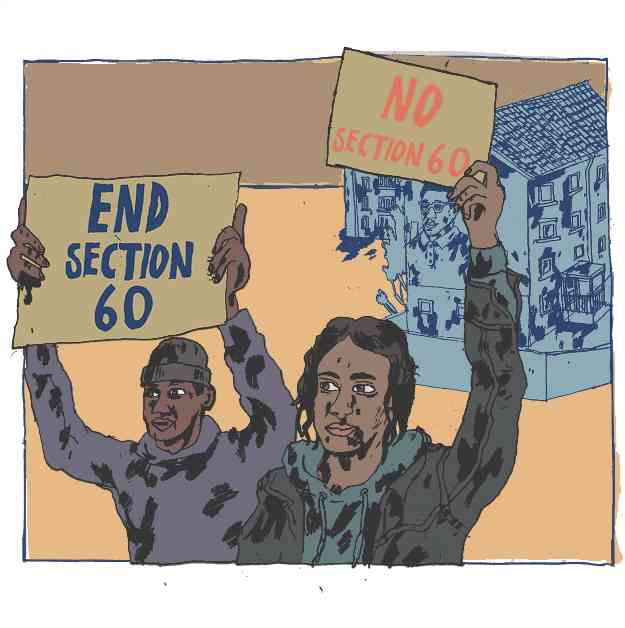As Bristol continues to grapple with the devastating impact of knife crime, a recent fatal stabbing in the city serves as a stark reminder of the urgent need for solutions. The tragic death of 25-year-old Kunta Ceesay on Stapleton Road has once again brought the issue to the forefront, highlighting the ongoing violence that plagues communities.
This latest incident adds to a series of fatal stabbings that have rocked Bristol in recent months. Three teenagers – Mason Rist, Max Dixon, and Darrian Williams – lost their lives to knife violence in a span of just 18 days at the end of January and the beginning of February. These senseless deaths have sparked outrage and calls for action to address the root causes of knife crime in the city.
In response to this crisis, Cable reporter Sean Morrison has been delving deep into the issue, seeking to understand the factors driving the violence and exploring potential solutions. Collaborating with other media outlets in Bristol, Sean has launched a campaign called No To Section 60, which aims to end the use of special stop and search powers without reasonable suspicion.
The aftermath of Darrian Williams’ murder saw Avon and Somerset Police deploying these special powers in Easton, targeting individuals in the area. However, the searches yielded no knives, raising concerns about the disproportionate impact on people of color. This has reignited the debate around the effectiveness and ethics of stop and search tactics in combating knife crime.
Through his investigative work, Sean has engaged with young people affected by knife crime, attended community meetings, and challenged senior police officials on the traumatic repercussions of stop and search operations. The anger and frustration among local residents over the misuse of these powers have prompted the Cable to launch a campaign urging a rejection of section 60.
In this episode of the Debrief, Sean provides a behind-the-scenes look at his reporting on this critical issue, shedding light on the experiences of youth in Bristol impacted by section 60. He invites listeners to join the campaign, offering insights into alternative approaches to tackling knife crime and empowering communities to demand change.
Listeners are encouraged to explore Sean’s original investigation, sign the petition, contact their MPs, and engage with campaign materials from activists and community leaders. By amplifying voices, raising awareness, and advocating for reform, individuals can play a vital role in shaping a safer and more just future for Bristol.
Subheadings:
1. Uncovering the Realities of Knife Crime in Bristol
2. The Campaign for Change: No To Section 60
3. Empowering Communities: A Call to Action
Through collaborative efforts and collective action, Bristol residents have the power to drive meaningful change and address the underlying issues fueling knife crime. By standing together and demanding accountability, we can create a safer and more inclusive city for all. Join the movement, raise your voice, and be a part of the solution.













